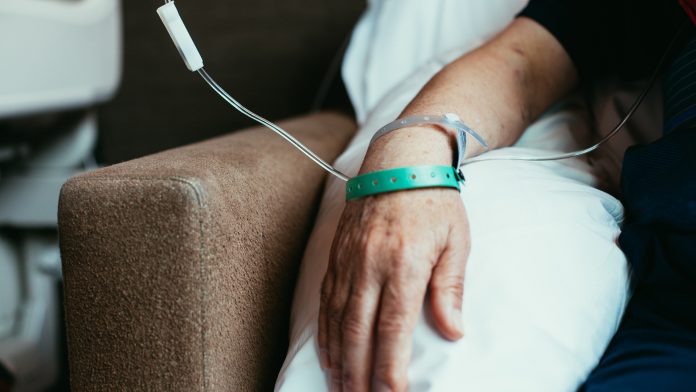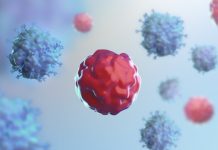
Around 3,000 people could be eligible for a new life-extending combination therapy to treat rare forms of gastroesophageal cancer.
Gastroesophageal cancer, also known as gastroesophageal junction cancer, causes symptoms such as fatigue, stomach pain and severe heartburn. It includes tumours found anywhere in the oesophagus, the stomach and where the oesophagus meets the stomach.
Exciting new evidence has shown that nivolumab (also known as Opdivo and made by Bristol Myers Squibb), alongside chemotherapy, could be beneficial for untreated HER2-negative, advanced or metastatic gastric, gastroesophageal junction or oesophageal adenocarcinoma if the tumours express PD-L1.
The National Institute for Health and Care Excellence will now recommend this treatment.
What are the current treatment options for gastroesophageal cancer?
There are three types of gastroesophageal cancer. Type 1 spreads down into the gastroesophageal junction from above, type 2 develops at the actual gastroesophageal junction, and type 3 spreads up into the gastroesophageal junction from below.
Current treatment options in the UK for gastroesophageal cancer are surgery, radiotherapy, chemotherapy, chemoradiotherapy, immunotherapy and targeted cancer drug treatment.
Treatment is decided by doctors who determine how to best treat cancer. They factor in how far your cancer has grown or spread, general health and fitness, and whether you have type 1,2 or 3.
Nivolumab increases life expectancy in patients
Clinical evidence shows that nivolumab with chemotherapy increases the time before the cancer worsens and increases life expectancy. The treatment could mean that 8% of people achieve long-term remission compared to 4% currently.
Nivolumab is a targeted immunotherapy designed to recognise and attach to a specific protein called programmed death-1 receptor (PD-1). This protein can shut off the body’s immune system. By attaching to PD-1, nivolumab blocks its action and allows the body’s immune system to continue to attack the gastric, oesophageal or gastroesophageal junction cancer cells. The recommended dose is 360mg every three weeks or 240 mg every two weeks.
The gastroesophageal cancer cells that are HER2 negative may grow more slowly and are less likely to return or spread to other parts of the body than cancer cells with a large amount of HER2.
Helen Knight, interim director of medicines evaluation at NICE, said: “The combination of nivolumab plus chemotherapy not only has the potential to slow the disease down and extend life for people with these forms of cancer but there is some promise of long-term remission.
“We know there is a significant impact on the quality of life for people with these forms of advanced cancer and therefore I’m delighted that we have been able to recommend this innovative treatment for people with these rare forms of gastroesophageal cancer.
“We are determined to drive ground-breaking treatments such as this into the hands of health and care professionals.”








